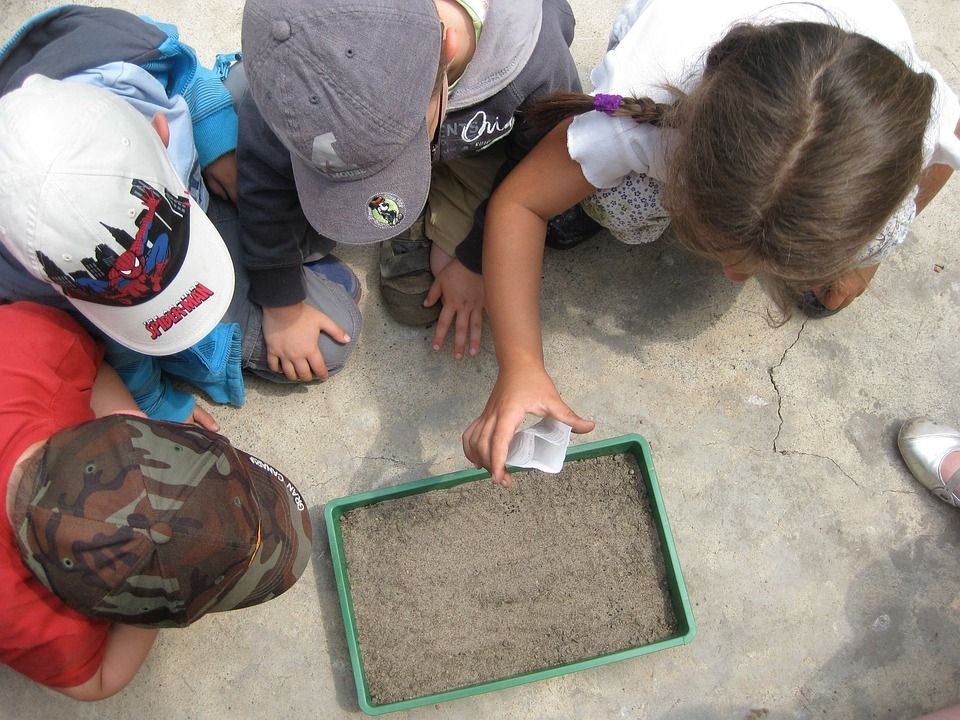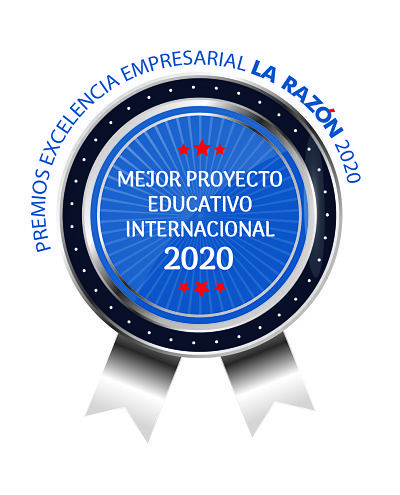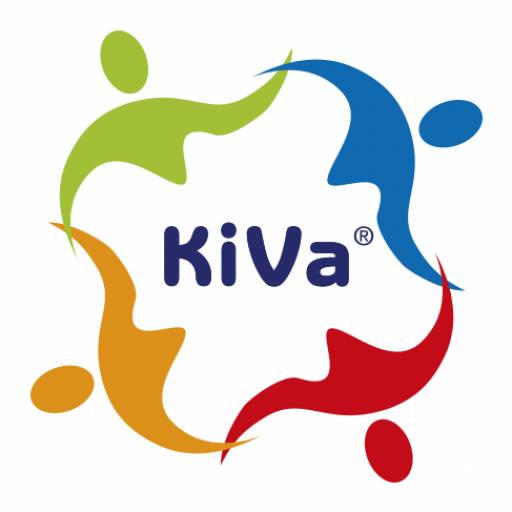The importance of Environmental education
Environmental education in infant and primary education is an important part of their education during the first years of school. The future of our environment depends on the awareness of the next generations, the educational centres are a very important part of the responsibility of the youngest about their impact on the environment.
At Palacio de Granda we are aware of the need to train our students in environmental values, which is why our programmes include nature science teaching activities in infant and primary education.
The importance of teaching on the basis of a children’s environmental education project
The knowledge we acquire during the primary school years is the basis of our future abilities. If we are able to transmit environmental values during the first years of their education, our pupils will be responsible adults, aware of their impact on the environment.
As we will see below, children’s education in nature should be based on both theoretical and practical issues that allow them to discover their environment. The practical sense of environmental education in early childhood education is the best reinforcement at this age, so that they become aware of the importance of sustainability and environmental responsibility.
Environmental education must form part of the academic programmes of our schools, as it is increasingly important to preserve the environment. This task will depend on the youngest children and on us, to the extent that we are able to transmit to them the importance of ecological values.
The Eco School concept in our classrooms
At Palacio Granda we are an Eco School, due to our teaching programmes oriented towards the teaching of ecological values. The environment that surrounds us is a privilege when it comes to transmitting values related to the environment. Palacio Granda is located in the Council of Siero, an area of Asturias of special ecological interest, which allows us to offer our students immersive experiences in the heart of nature.
Being part of the Eco School concept is a responsibility, our aim is to transmit to our pupils, regardless of the educational cycle they are in, a series of responsibilities related to the environment. The Eco School concept provides us with a series of guidelines that allow us to educate our pupils, based on the characteristics of our local community.
The real impact of environmental education
Most families practice ecological routines that not only help to care for the environment, but also reinforce the learning process of the youngest members of the family. If to the perception of these routines, we add learning centred both in the classroom and in real natural environments, we will be managing to inculcate values that will have a permanent character.
Various studies have shown that infant and primary school pupils whose curricula include environmental education improve their ecological behaviour, and this learning can also be applied to other subjects, such as science and mathematics.
The activities should not be an isolated or anecdotal event; it is essential that they stimulate behaviour that is maintained over time and that allows them to develop a permanent ecological awareness.
Activities for environmental education in early childhood and primary education
At present, there are many different activities that raise awareness among pupils in the first cycles of education about caring for the environment, and these are some of the most effective.
- Outdoor activities: Excursions to the countryside are a basic resource for environmental learning. The area of Siero and in particular, the landscapes surrounding Granda, allow us to show our students the benefits of caring for the environment.
- Visits to agricultural and stockbreeding centres: Responsible agriculture and stockbreeding allow us to learn about current techniques, through which we reduce our impact on the environment and respect the space of the natural resources we need on a daily basis.
- Cleaning: Cleaning natural spaces and public places is also essential for learning. This type of activity is not only good for them, but also allows them to recover those areas of the environment that have been neglected.
- Recycling: All the activities we can carry out related to recycling will be positive. From placing several containers in the classroom, to visiting waste recycling plants, these types of experiences will become habits that will reduce their carbon footprint.
- Talks and debates: It is also very important to know what they think about the environment. Discussions promote reflection and help to draw common conclusions.
There are many activities that we can currently carry out that are related to the environment. At Palacio de Granda we have developed a complete programme aimed at encouraging children’s education in nature.
Teaching nature sciences in early childhood education
Working with the environment in infant education through practical experiences is important, however, the theoretical part will also help us to discover how we depend on our environment.
Subjects related to natural sciences allow us to learn in depth about the consequences of our behaviour. Ecosystems are very fragile and we depend on them. Through school science education, students learn to perceive these kinds of ideas, which are also important for their academic education.
All our science education programmes, from the early years to the pre-university stage, include specific content focused on the importance of ecology.
The best education at Palacio de Granda
Our students acquire all kinds of academic skills, which will enable them to prepare them for the challenges they will face in the future. Beyond the essential academic knowledge, at Palacio de Granda we insist on the importance of values such as those related to ecology. Through our programmes, we make our students aware of their importance and the impact their behaviour has on the environment.








